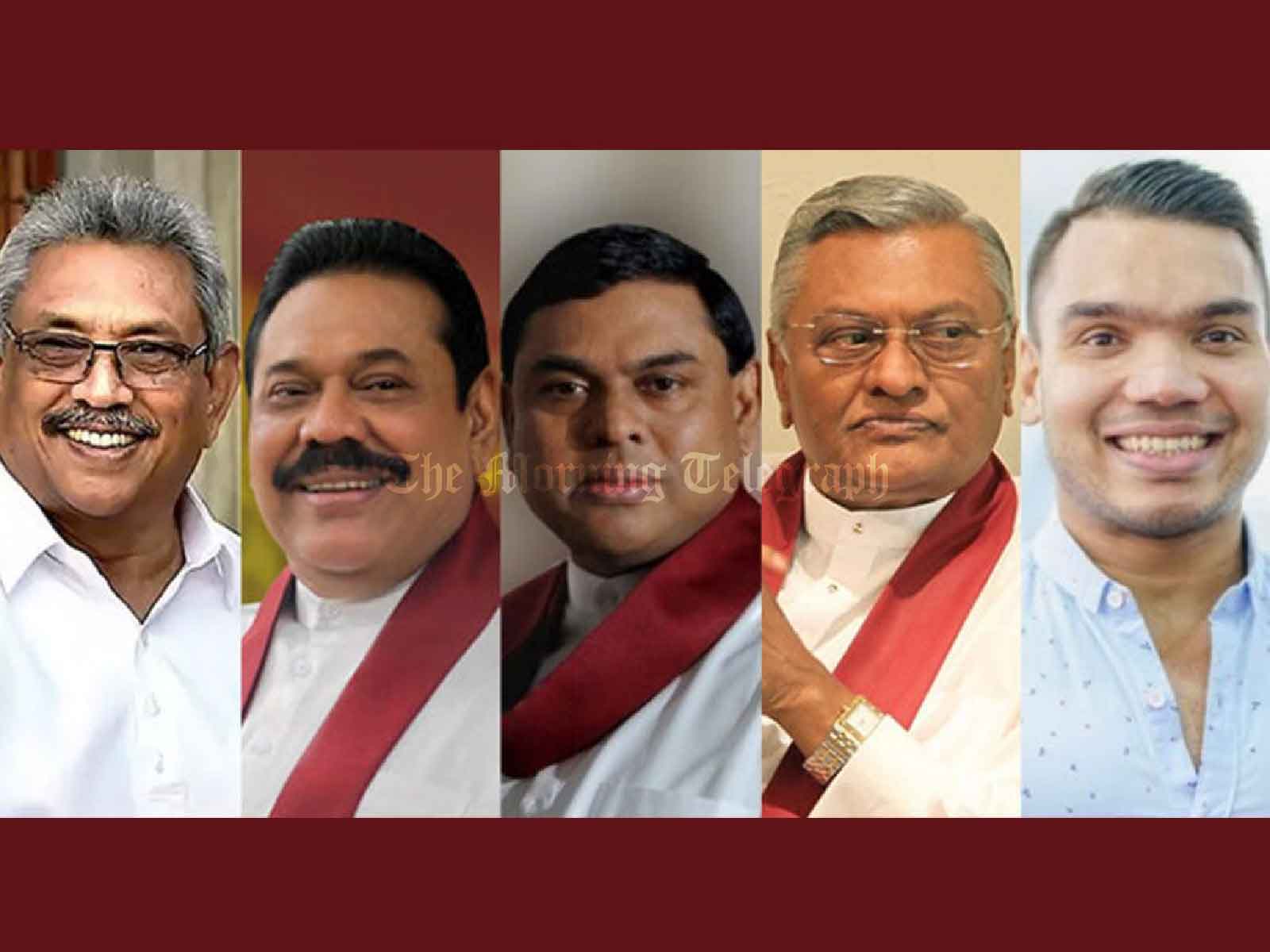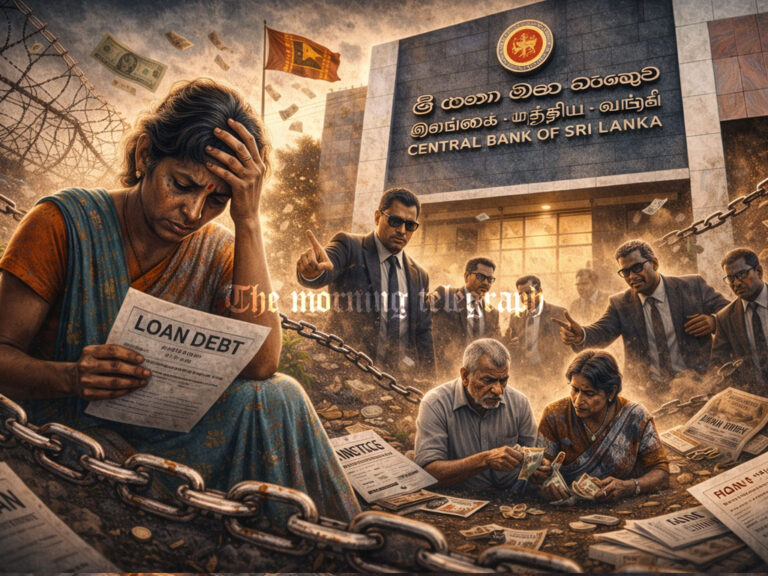
Colombo, Sri Lanka — After a dramatic fall from grace, the Rajapaksa family is back in the political spotlight with Namal Rajapaksa’s bid for the presidency. Once seen as the end of an era for the powerful family following their ousting amid economic turmoil and public outrage, the Rajapaksas are now attempting a comeback through their 38-year-old heir.
Namal, son of former President Mahinda Rajapaksa and nephew to ousted President Gotabaya Rajapaksa, is positioning himself as a fresh face for change, despite his family’s controversial legacy. The Rajapaksa name, long synonymous with both significant infrastructure projects and serious allegations of corruption, now seeks to reinvent itself.
The Rajapaksas were ousted in mid-2022 after widespread protests against their handling of the country’s economic crisis, which led to shortages and severe public discontent. The family, once a dominant force in Sri Lankan politics, had their power significantly diminished, with members seeking refuge and their influence heavily questioned.
Now, Namal Rajapaksa’s candidacy is seen by some as a strategic move to reassert the Rajapaksa clan’s presence in Sri Lankan politics. Critics argue that his campaign represents an attempt to revive a tarnished legacy rather than offering genuine reform. Despite Namal’s promises to tackle corruption, boost job creation, and resolve the debt crisis, many remain skeptical of his ability to distance himself from the family’s controversial past.
The Rajapaksas’ political journey has been marked by both significant achievements and severe criticisms. Mahinda Rajapaksa’s presidency was notable for ending the long-running civil war but also marred by accusations of human rights abuses. The family’s return to power with Gotabaya Rajapaksa in 2019 initially restored their influence but soon led to a dramatic collapse as economic mismanagement came to light.
Namal’s campaign is carefully curated to present him as a modern, reform-oriented leader. He adopts the traditional Sinhalese attire and continues to honor his father’s legacy, aiming to draw on his past support while promising to address the current economic challenges.
However, the Rajapaksa name remains deeply polarizing. The Tamil community, in particular, harbors strong resentment due to the Rajapaksas’ role in the civil war and alleged human rights violations. Many Tamils view the family’s potential return to power with apprehension and opposition.
While some supporters hold out hope for Namal’s future and believe in his potential to lead, others feel the family’s return to power would be a setback, associating the Rajapaksas with corruption and economic failure.
As Sri Lanka approaches the election, the Rajapaksa family’s attempt at a comeback under Namal’s leadership will test whether the public’s memory is as short as some believe or if the echoes of past grievances will overshadow their political revival efforts.
Source :- AP




